
Breathing difficulties are in most cases interrelated with fatigue, and a person suffering from shortness of breath (medically called dyspnea) is very likely to experience tiredness as one of the symptoms of his/hers condition. Pain in the chest, high fever or coughing can also accompany this medical problem. The best course of action is to contact the doctor and get a proper diagnose of the cause of your problem, in order to prevent any possible complications that may arise.
How to Diagnose Shortness of Breath
People suffering from breathing problems usually use both their neck and chest muscles to breathe. Sometimes, breathing problems may affect their speech and talking for an extended periods of time might be very difficult for these patients, as well as certain physical activities.
X-rays or CT (computer tomography) tests may be very helpful to your doctor, trying to diagnose your condition and reveal the likely cause of your breathing problems. You could also be asked to do blood or some other tests, to measure the strength of breathing and the amount of oxygen in the blood.
Doctors usually advise their patients to quit smoking and give up alcohol, and to exercise regularly and life a healthy lifestyle.
What Can Cause Shortness of Breath
Dyspnea can be acute or chronic condition, and some of the most common causes of this condition are various infections, asthma, allergic reactions or even respiratory or nervous system diseases. Damage to the lungs, bronchitis, broken ribs, anemia, panic attack, pregnancy or even disorders of the spinal cord, such as scoliosis, kyphosis or ankylosing spondylitis can be identified as causes of dyspnea.
However, some reasons are more likely to lead to this condition, including overexertion, chest injuries, pulmonary problems, heart-related issues, neuromuscular disorders and different emotional condition.
Working for too long without proper rest can cause shortness of breath and extreme tiredness, and this condition is called overexertion. These people can also suffer from nausea, vomiting and dizziness as additional symptoms of their condition, but serious health consequences can also occur. Patients over-exerting themselves can also experience obesity or some other nutritional problems, hormonal problems or even depression.
Chest injuries and penetrating wounds can cause rib and lung problems and lead to shortness of breath, while various heart diseases can cause chronic form of this condition. Severe cases of pneumonia, lung infections or bleeding, chronic obstructive pulmonary diseases (COPD) and intense bronchospasms can be the reasons why person experiences shortness of breath too.
Myasthenia gravis, muscular dystrophy and amyotrophic lateral sclerosis are neuromuscular problems that also might lead to dyspnea. Different emotions, such as anxiety, anger, excitement or grief can provoke shortness of breath, either temporarily or prolonged.


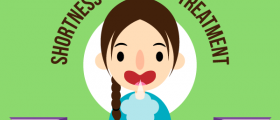

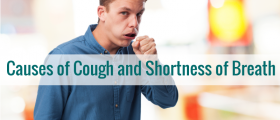

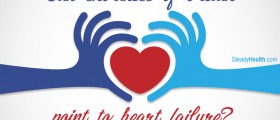
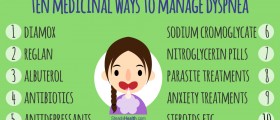
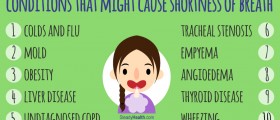

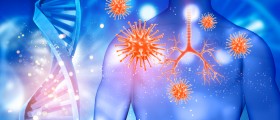





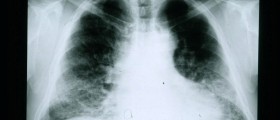
Your thoughts on this
Loading...